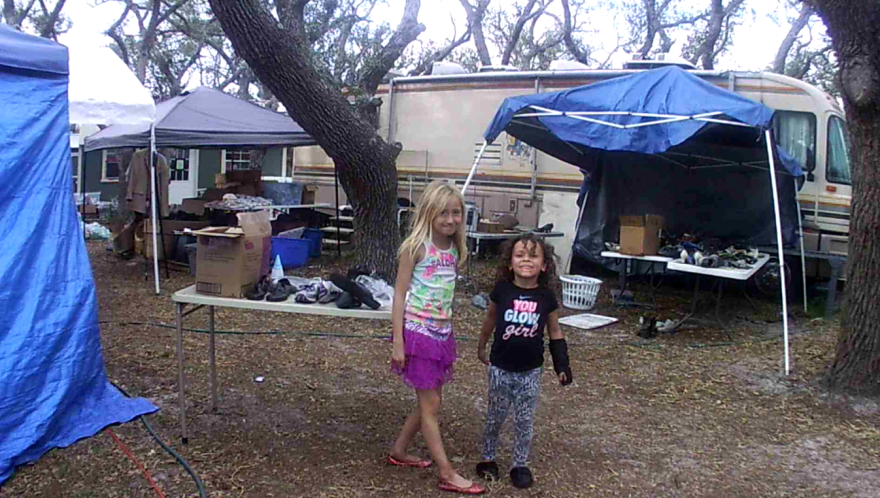Hurricane Harvey isn't the first major storm to hit Texas and it won’t be the last.
So what can we learn from looking at how past disasters were handled to do a better job of making sure that the vulnerable get the help they need?
We spoke with Steve Kroll-Smith, a professor of sociology at the University of North Carolina at Greensboro and author of two books looking at Hurricane Katrina’s recovery, about this recovery, and then TPR contributor Yvette Benavides reflects on the holiday season on this episode of "Texas Matters."
On Aug. 25, 2017, Hurricane Harvey made landfall as a Category 4 storm, damaging towns across 24 Texas counties. Along with Houston, Port Aransas, Rockport and Fulton were scenes of massive property loss.
Much of the housing stock was wiped out. And while a historic natural disaster like Hurricane Harvey leaves no one unscathed, these events especially hurt the low income, disabled and communities of color.
But we know from past hurricanes, public housing is never fully restored. In Galveston after the 2008 Hurricane Ike, many low income and elderly residents left the island because the city refused to rebuild more than 500 public housing units.
In Aransas County, the local school district reports a 20 percent drop in its student population.
A new survey said nearly half of Hurricane Harvey victims feel they're not getting the help they need to recover.
The Episcopal Health Foundation, in partnership with the Kaiser Family Foundation, found two-thirds of residents across 24 Texas counties reported property damage, employment disruptions and/or lost income due to the storm.
“While Harris County and the entire region suffered major damage, the survey results show that the storm disproportionately affected black and hispanic residents, low-income residents and people living in both the 'Golden Triangle' area, which includes Beaumont, Orange, and Port Arthur, and in the 'Coastal' area, including Rockport and Corpus Christi,” said Elena Marks, president and CEO of the Episcopal Health Foundation.
Kroll-Smith's latest book, “Recovering Inequality,” will be published in 2018.
David Martin Davies can be reached at dmdavies@tpr.org or on Twitter @DavidMartinDavi



